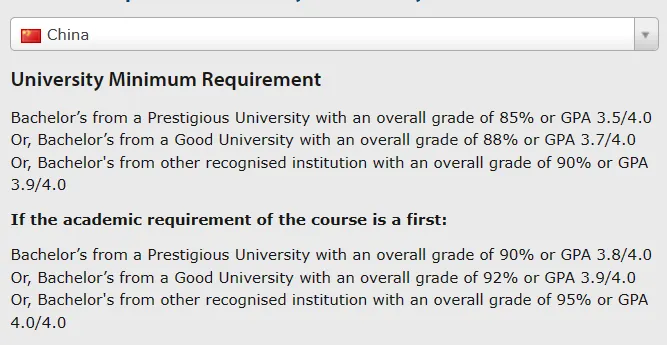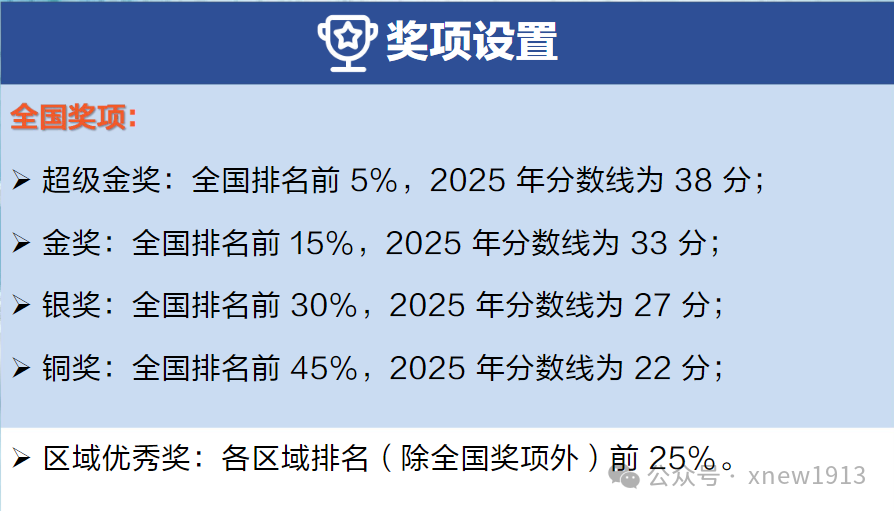John Locke 2024 Law Q1
Step 1
Decomposing the Topic and Clarification of Law Terms
Justifiable: Supported or permitted within legal frameworks.
Refuse to engage in business: The act of a company deciding not to provide services or sell products to an individual.
Public utterances: Statements made by an individual in public forums, including social media, speeches, or publications.
Rephrased in Bullet Points:
Under what circumstances can legal systems support a company's decision to deny services or products to someone based on their public statements?
How do principles of freedom of speech intersect with a company's right to choose its customers?
What are the legal and ethical boundaries for businesses in responding to the public expressions of potential clients?
Step 2
Reviewing Law Concepts and Theories
Freedom of Speech: Protected by the First Amendment in the U.S. Constitution but not absolute, especially when speech incites violence or hate.
Reference: Schenck v. United States, 249 U.S. 47 (1919).
Right to Refuse Service: Businesses have the right under certain conditions, except when refusal is based on race, color, religion, or national origin as prohibited by the Civil Rights Act of 1964.
Reference: Heart of Atlanta Motel, Inc. v. United States, 379 U.S. 241 (1964).
Public Accommodation Laws: These laws expand on the types of discrimination prohibited in businesses open to the public.
Reference: Newman v. Piggie Park Enterprises, Inc., 377 F.2d 433 (4th Cir. 1967).
Contract Law: Implies that businesses and customers enter into a contract with each offer and acceptance, subject to lawful purposes.
Reference: Restatement (Second) of Contracts.
Step 3
Positive Statement and Arguments
Positive Statement: "It is justifiable for a company to refuse to engage in business with an individual based on that person's public utterances when those utterances directly conflict with the company's core values, ethical standards, or when they potentially harm the company's reputation or the safety of its employees and customers."
Arguments Supporting the Statement:
` Brand Integrity: Companies must protect their brand identity and values, distancing from statements that contradict them.
` Safety Concerns: If utterances incite violence or hate, companies have a responsibility to protect employees and customers.
` Legal Compliance: Businesses must adhere to laws and regulations, refusing service if utterances involve illegal activities.
` Market Strategy: Companies may refuse service as a strategic decision to align with their target market's values.
` Public Relations: Avoiding association with controversial figures can be crucial for maintaining positive public relations.
` Employee Morale: Associations with certain public figures can affect employee morale and productivity.
` Consumer Trust: Maintaining consumer trust may require distancing from individuals whose utterances conflict with societal norms.
` Financial Risk: Associating with controversial figures can pose financial risks due to potential boycotts or protests.
` Ethical Standards: Companies may have ethical obligations that necessitate refusal of service to uphold social responsibility.
` Freedom of Association: Businesses have a degree of freedom to choose whom they engage with, mirroring individual liberties.
Example Essay Outline for Positive Statement:
Introduction: Explanation of the topic and thesis statement.
Legal Framework: Overview of relevant legal concepts and precedents.
Arguments for Justifiability: Detailed examination of the 10 supporting arguments.
Case Studies: Examples of companies justifiably refusing service.
Conclusion: Summary of arguments and reinforcement of the thesis.
Step 4
Negative Statement and Arguments
Negative Statement: "It is unjustifiable for a company to refuse to engage in business with an individual based solely on that person's public utterances, as it undermines principles of freedom of expression and can lead to discriminatory practices."
Arguments Supporting the Statement:
` Freedom of Speech: Refusal based on public utterances may infringe on an individual's right to free expression.
` Discrimination Risks: Such refusals could be perceived as or lead to discriminatory practices.
` Slippery Slope: Establishing a precedent for refusal can lead to broader exclusions, impacting various groups.
` Market Censorship: Companies could unduly influence public discourse by acting as gatekeepers of acceptable speech.
` Consumer Choice: Limiting business interactions restricts consumer choice and access to services/products.
` Economic Impact: Refusing service can have unintended economic consequences, affecting the market and employment.
` Public Backlash: Companies risk public backlash, potentially damaging their reputation more than the initial association.
` Legal Challenges: Legal repercussions could arise from perceived discrimination or violations of free speech principles.
` Ethical Concerns: Ethical dilemmas in determining which utterances warrant refusal.
` Inconsistency: Difficulty in applying a consistent standard for refusal, leading to arbitrary decisions.
Step 5
Example Essay Outline:
Introduction: Presentation of the topic and opposing thesis statement.
Freedom of Expression: Discussion on the importance of safeguarding free speech.
Arguments Against Justifiability: Exploration of the 10 counterarguments.
Potential Consequences: Analysis of negative outcomes from refusing service.
Conclusion: Recap of key points and assertion of the thesis.
These steps and outlines serve as a comprehensive guide for students to critically engage with this complex topic, encouraging them to explore various perspectives and develop well-rounded arguments in their essays.
All content is generated by gpt4 with prompted designed by Rapidamic Lab for a purpose of students’ writing skills improvement.











